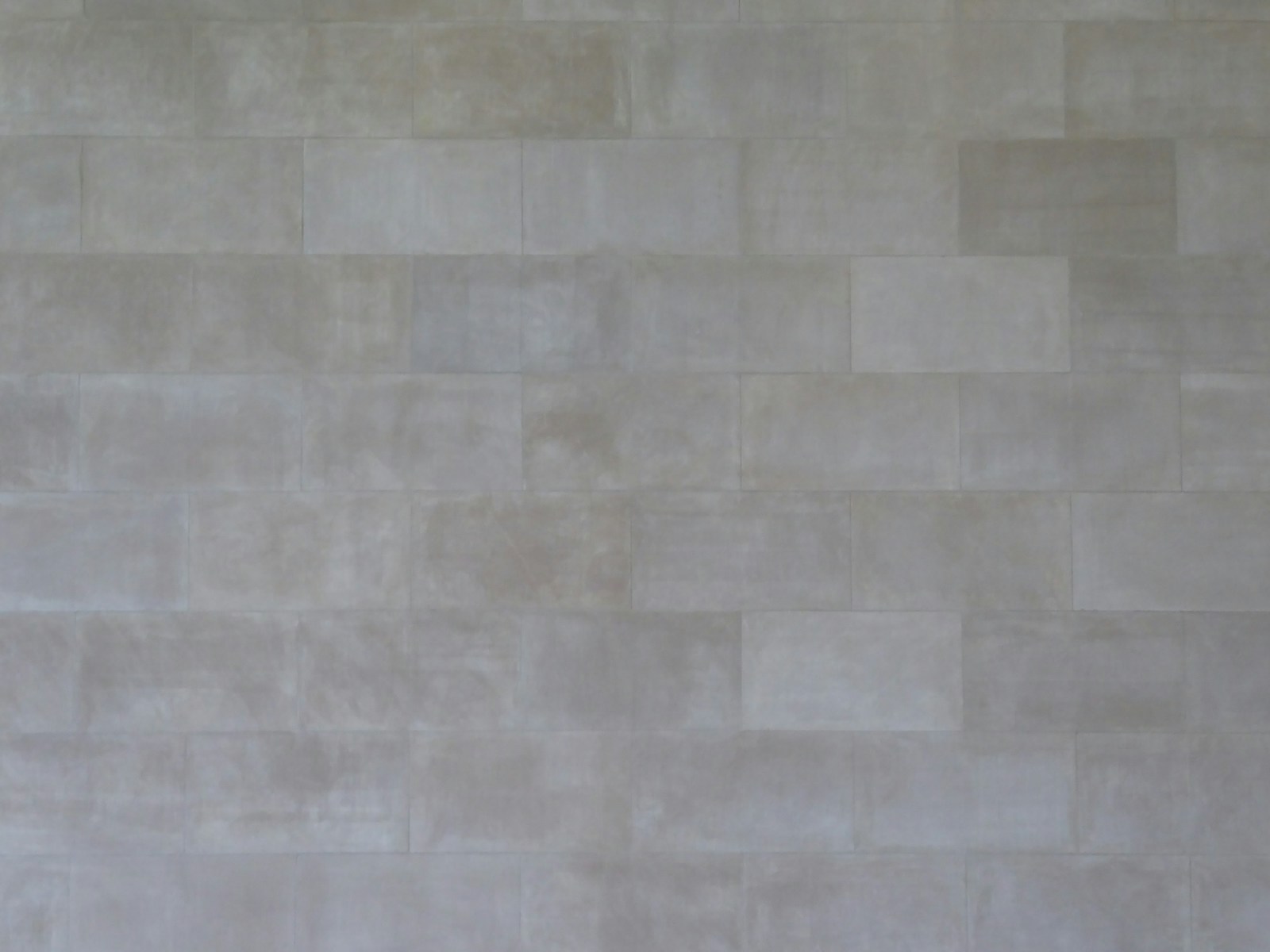
空白
kòng bái

blank
In Chinese, '空白' refers to a space that is empty or lacks content. It can be used in various contexts similar to the English word 'blank', such as referring to a blank space in a document, a blank expression on someone’s face, or blank period of time with no activities planned.
Example sentences using: 空白
我需要一张空白纸。
Wǒ xūyào yīzhāng kòngbái zhǐ.

I need a blank paper.
Someone would typically say this sentence when they are looking for a blank piece of paper to write or draw on.
请在空白处签名。
Qǐng zài kòngbái chù qiānmíng.

Please sign in the blank.
Often used in formal settings where paperwork needs to be filled out, this sentence instructs someone to sign in a particular area that has been left blank for that purpose.
空白页是新的开始。
Kòngbái yè shì xīn de kāishǐ.

A blank page is a new beginning.
This metaphorical sentence might be used in a situation where someone is starting something new and they are facing unknown possibilities, similar to a blank page waiting to be written on.
我看到一个空白的表格。
Wǒ kàndào yīgè kòngbái de biǎogé.

I see a blank table.
This sentence refers to an empty table or chart, typically in a context where someone is looking at a document and observing that a certain table or chart has not been filled in.
空白太多,我得填写一些内容。
Kòngbái tài duō, wǒ děi tiánxiě yīxiē nèiróng.

There's too much blank space, I have to fill in some content.
This sentence is saying that there is too much unused space in a document or other medium, and that the speaker needs to add more content to it to fill it out.
空白的地方让我感到不安。
Kòngbái de dìfāng ràng wǒ gǎndào bù'ān.

The blank spaces make me feel uneasy.
This sentence could be used in a situation where someone feels uncomfortable because of the presence of empty or unused spaces, or gaps, in something they are looking at or working on.
她的日历上有太多空白。
Tā de rìlì shàng yǒu tài duō kòngbái.

There is too much blank space on her calendar.
In this sentence, the speaker is commenting on the empty spots on someone else's calendar, which could mean that person has a lot of free time or hasn't scheduled anything yet.
我忘记在空白处填写日期。
Wǒ wàngjì zài kòngbái chù tiánxiě rìqī.

I forgot to fill in the date in the blank space.
In this sentence, the speaker admitted that they forgot to write the date in a designated empty space on a form or document.
这个单元有太多空白。
Zhège dānyuán yǒu tài duō kòngbái.

This unit has too much blank space.
This sentence might be said when someone is discussing the layout of something, perhaps a textbook or a presentation, and they think there is too much unused space in it.
请将这些空白填满。
Qǐng jiāng zhèxiē kòngbái tián mǎn.

Please fill up these blanks.
This sentence is usually used when someone is directing another person to complete a form or document by filling in the empty spaces with required information.